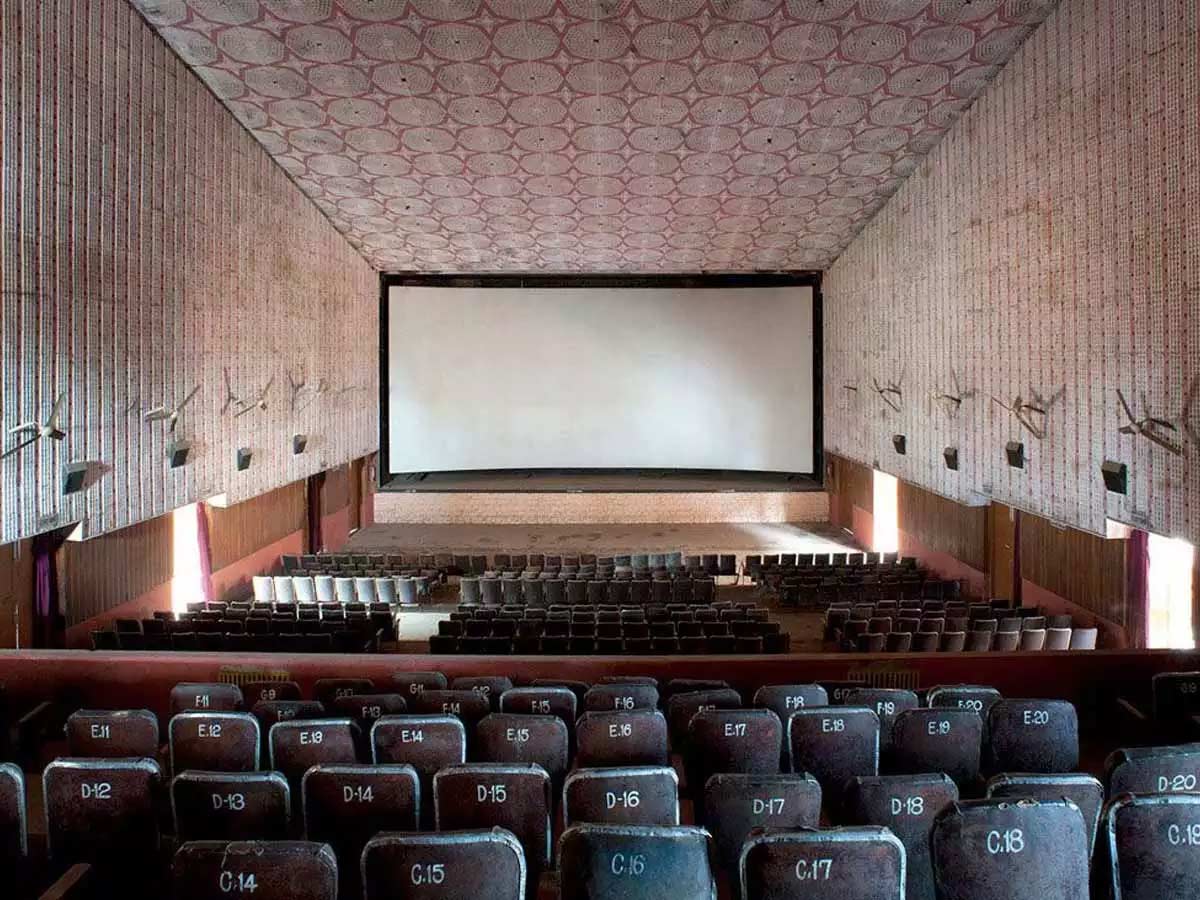Single Screens seek permission of TG government to turn commercial zones
S Screens to turn Commercial Zones

Faced with dwindling audiences and mounting financial losses, over 300 single-screen theatre owners in Telangana are urging the state government to allow them to convert their properties into commercial zones. This desperate plea comes amidst a bleak reality where many theatres struggle to fill even 10 seats per show.
Exhibitors argue that the declining footfall is due to a combination of factors: rising operational costs, a lack of compelling content, and the growing popularity of streaming services. This dire situation has forced many to cancel shows and grapple with mounting losses.
Their proposed solution involves converting a portion of their theatre space into commercial areas, such as food courts, clothing showrooms, or mobile phone shops. This strategic move aims to diversify income streams and ensure the survival of these once-thriving entertainment hubs.
Vijayender Reddy, president of the Telangana Controllers and Exhibitors Association, emphasizes the urgency of this request. He reveals that the association has already submitted a proposal to the government, seeking permission to reduce seating capacity and incorporate commercial spaces.
The proposed alterations are not without financial implications. Each theatre owner estimates a cost of ₹2-3 crore for the conversion, but they are willing to invest, recognizing the dire situation. They also hope the government will consider reducing their exorbitant power charges, further easing the financial burden.
This move marks a significant shift in the landscape of single-screen theatres. For decades, they served as the heart of entertainment, bringing communities together to experience the magic of cinema. However, the changing times have forced a re-evaluation of their business models.
The government's response to this plea will be crucial. Granting permission for these conversions could provide a lifeline for struggling theatres, ensuring their survival while offering alternative entertainment and retail options for communities. However, any decision will require careful consideration of the broader economic and social implications, ensuring the preservation of cultural spaces while adapting to evolving consumer preferences.




 CBN craves for Amaravati, CM but stays in Hyderabad
CBN craves for Amaravati, CM but stays in Hyderabad RC16 shoot to progress in set costing crores
RC16 shoot to progress in set costing crores